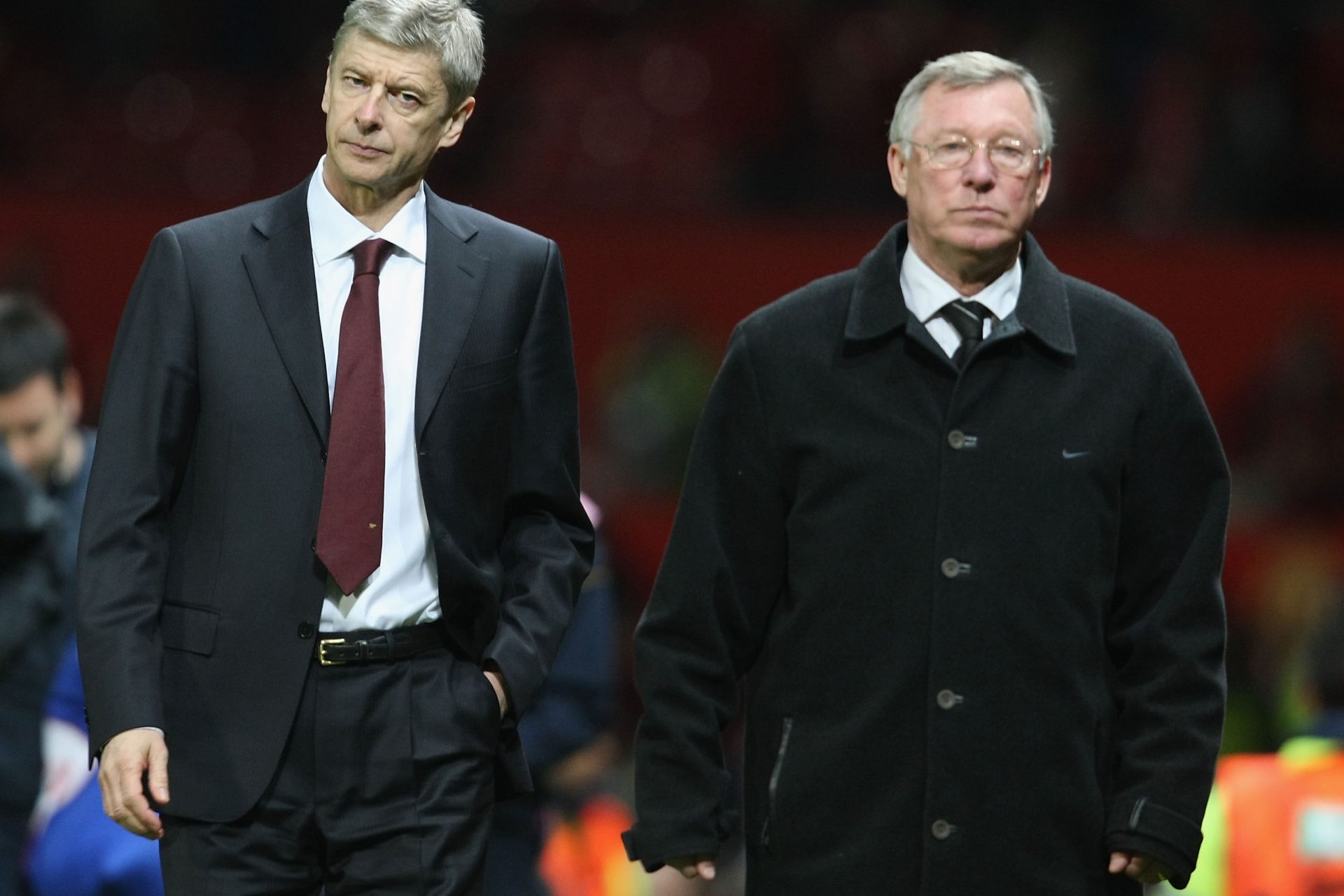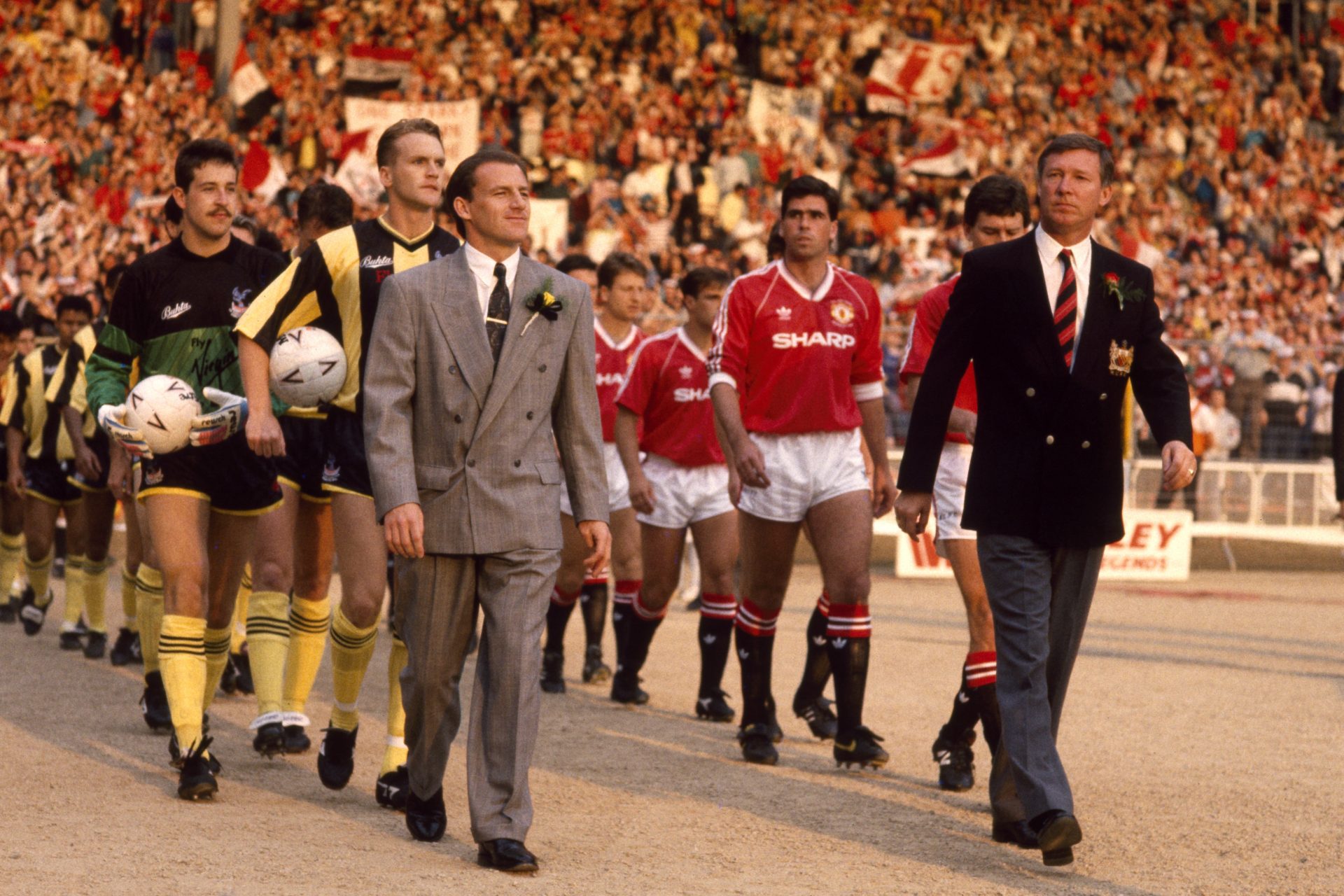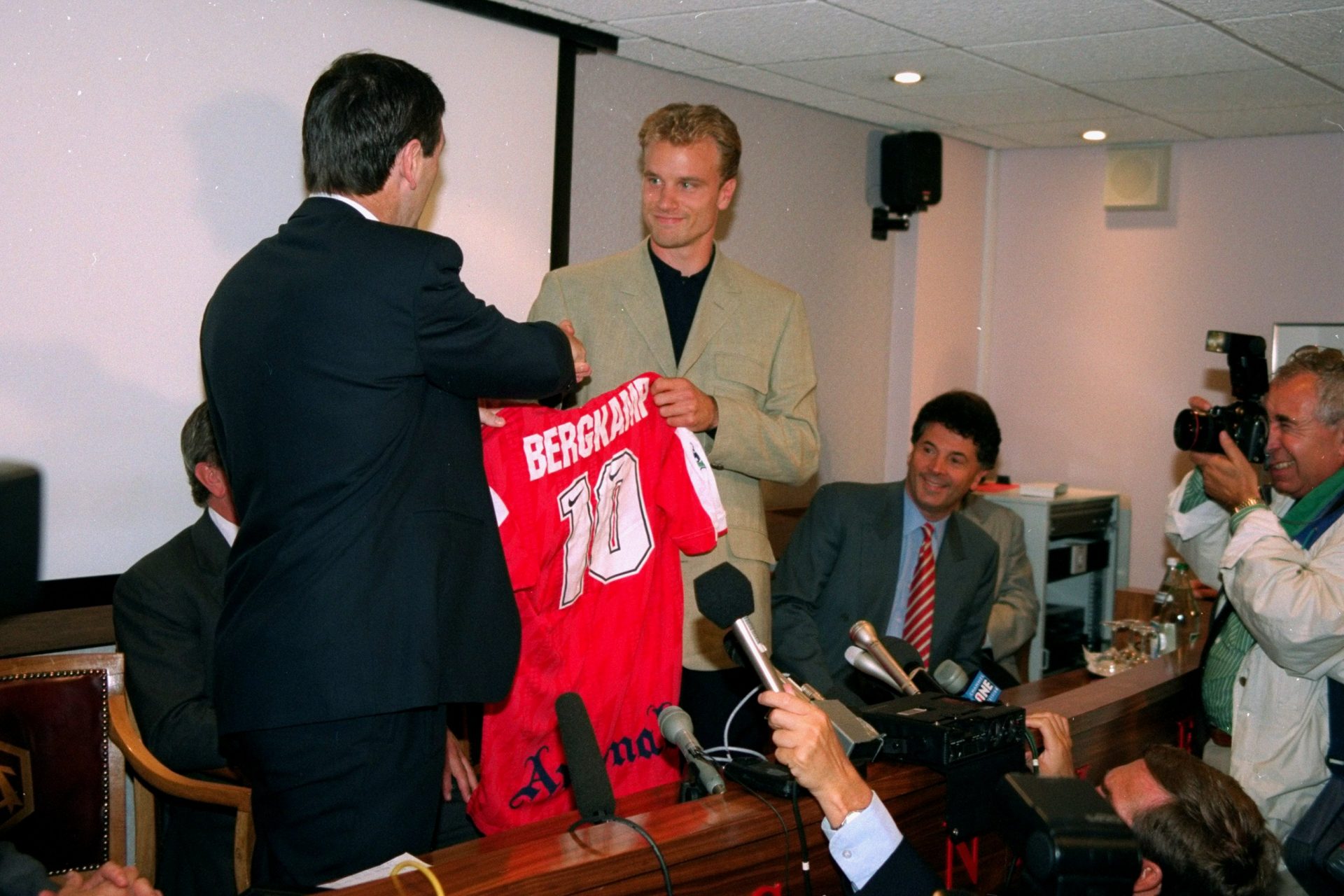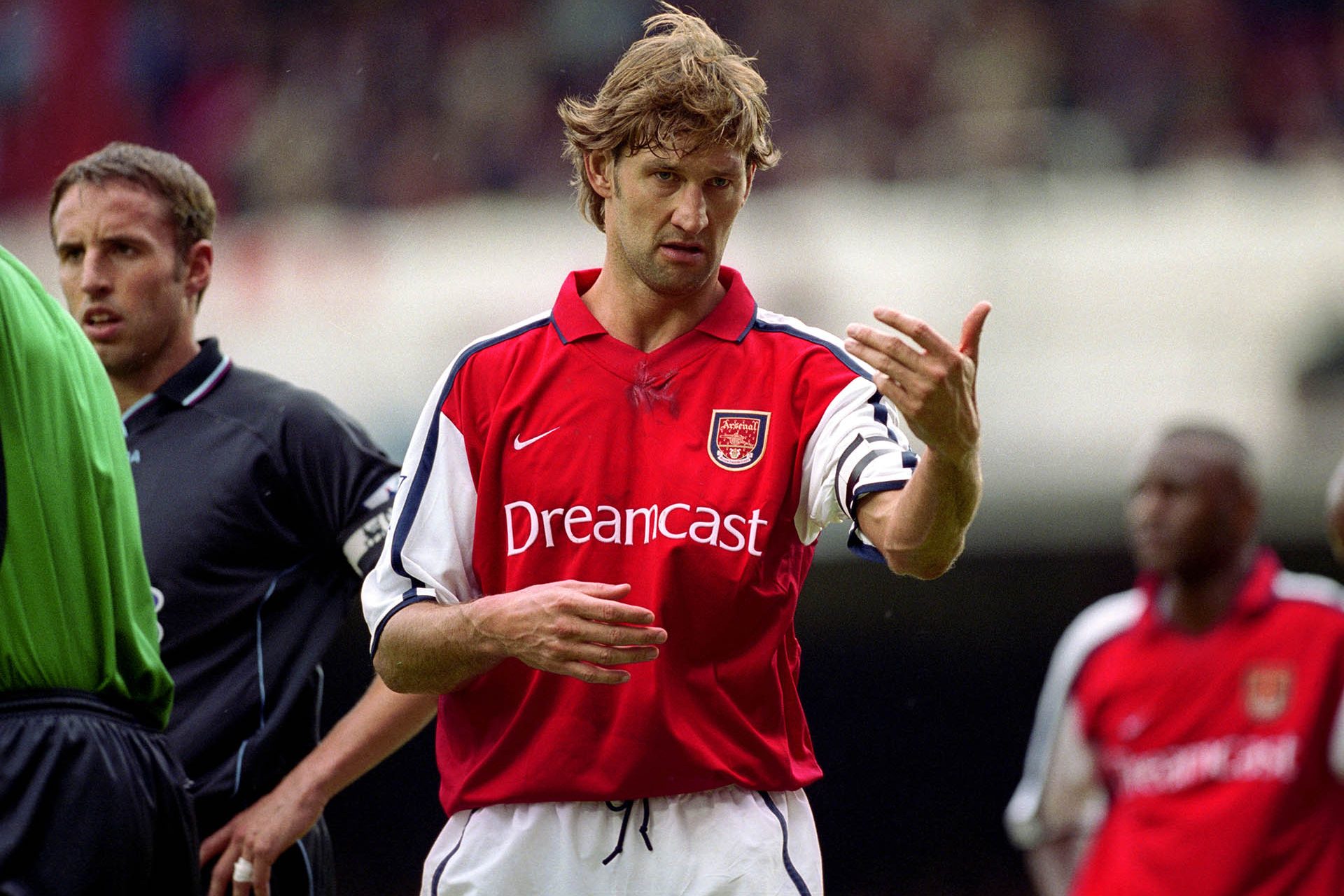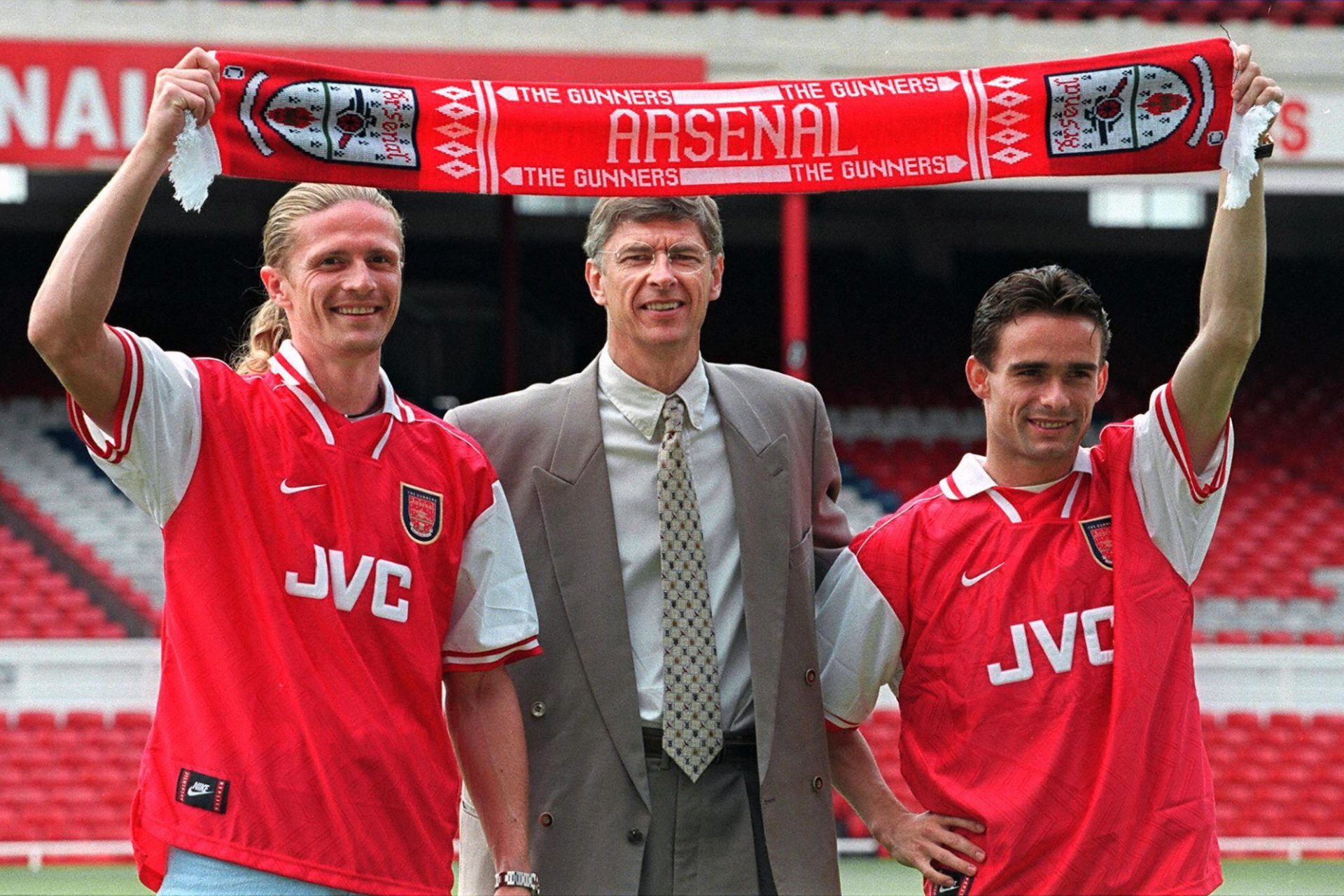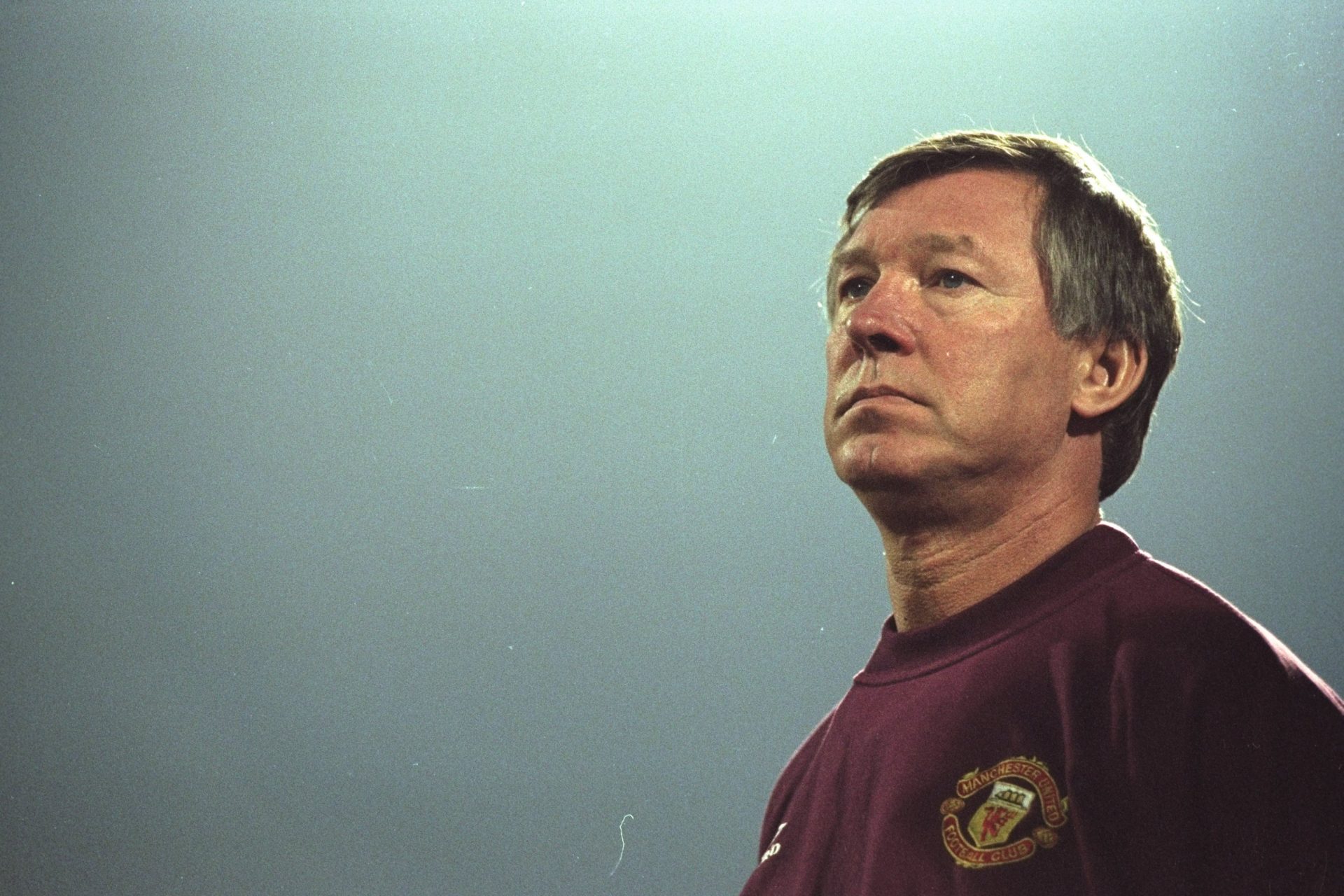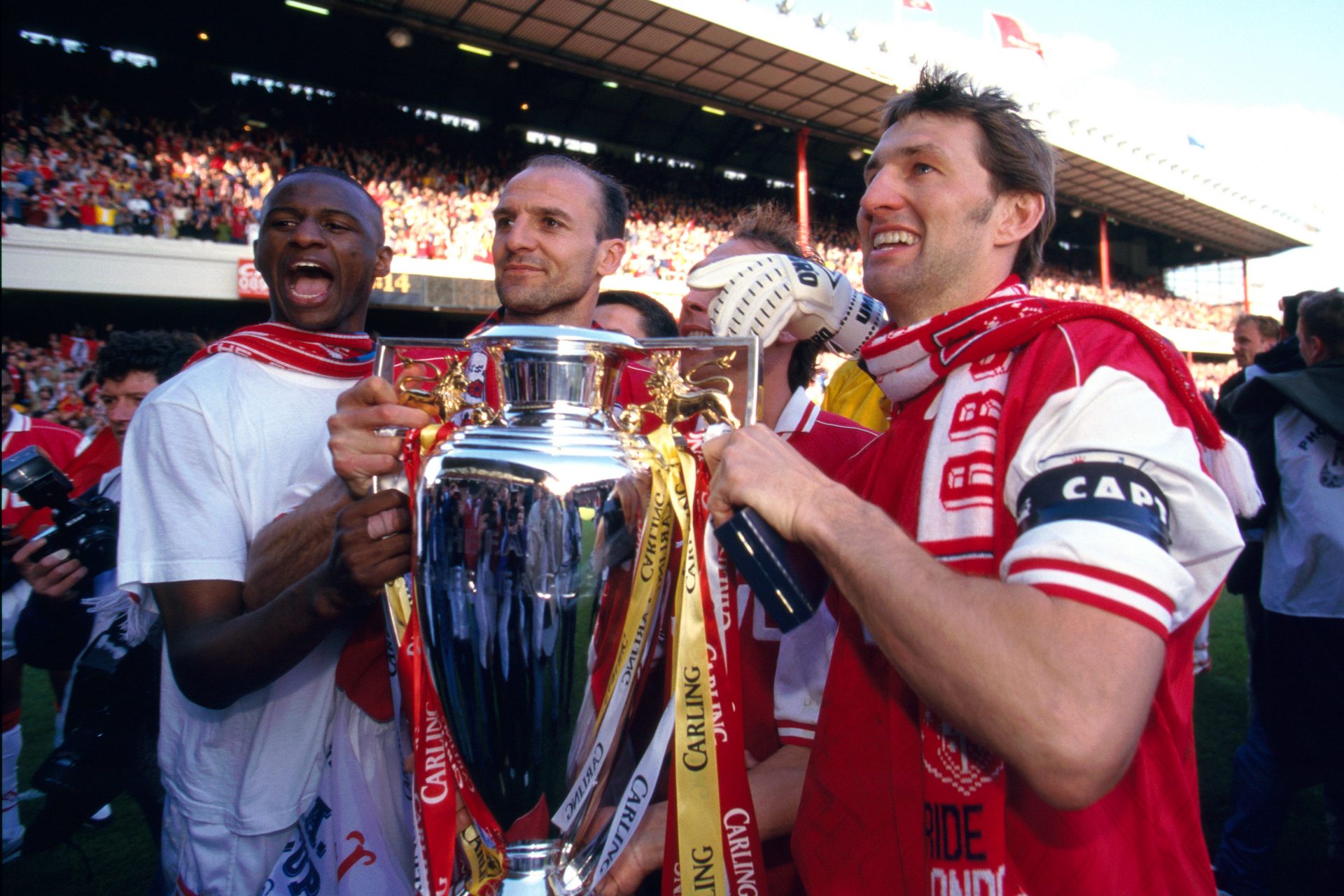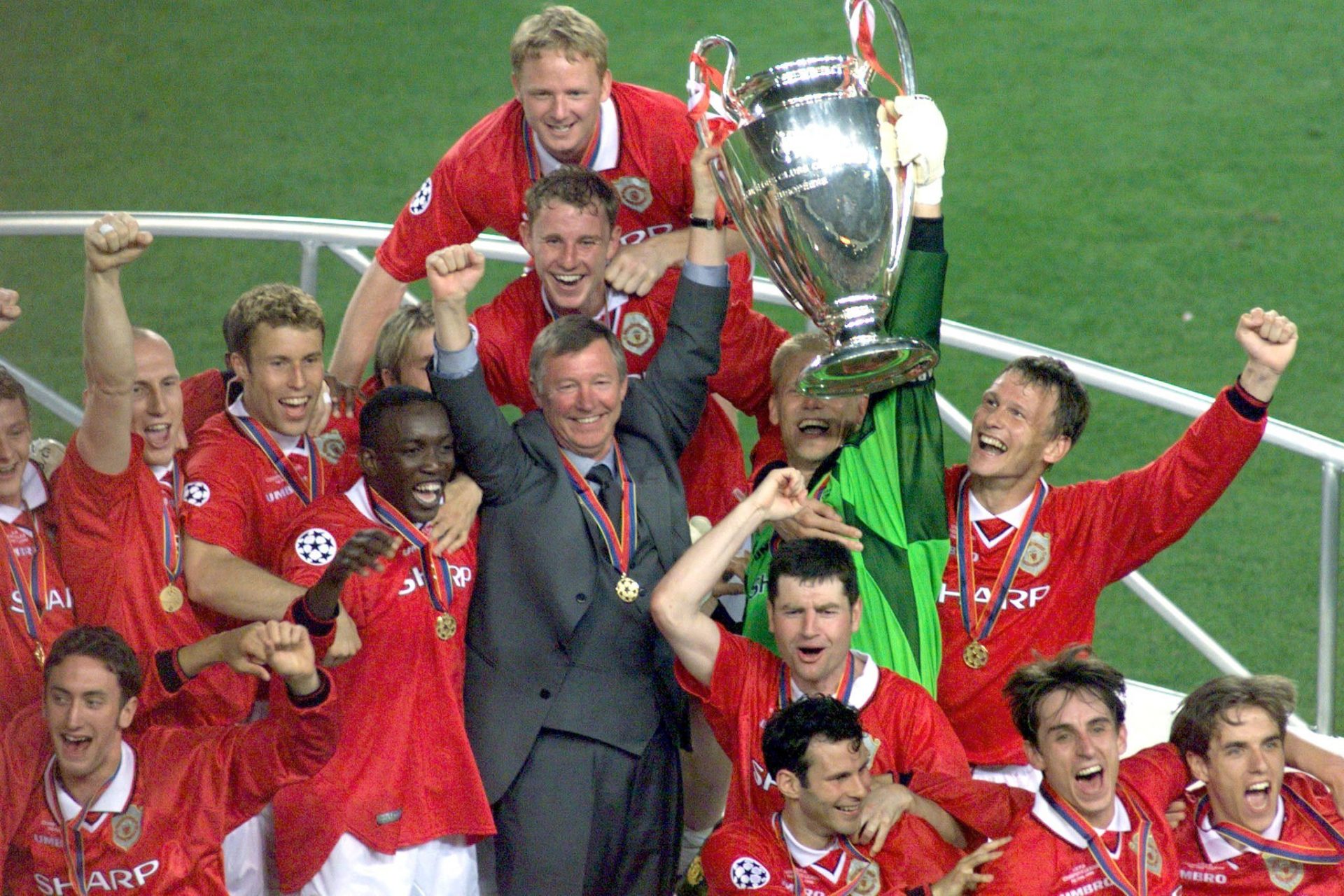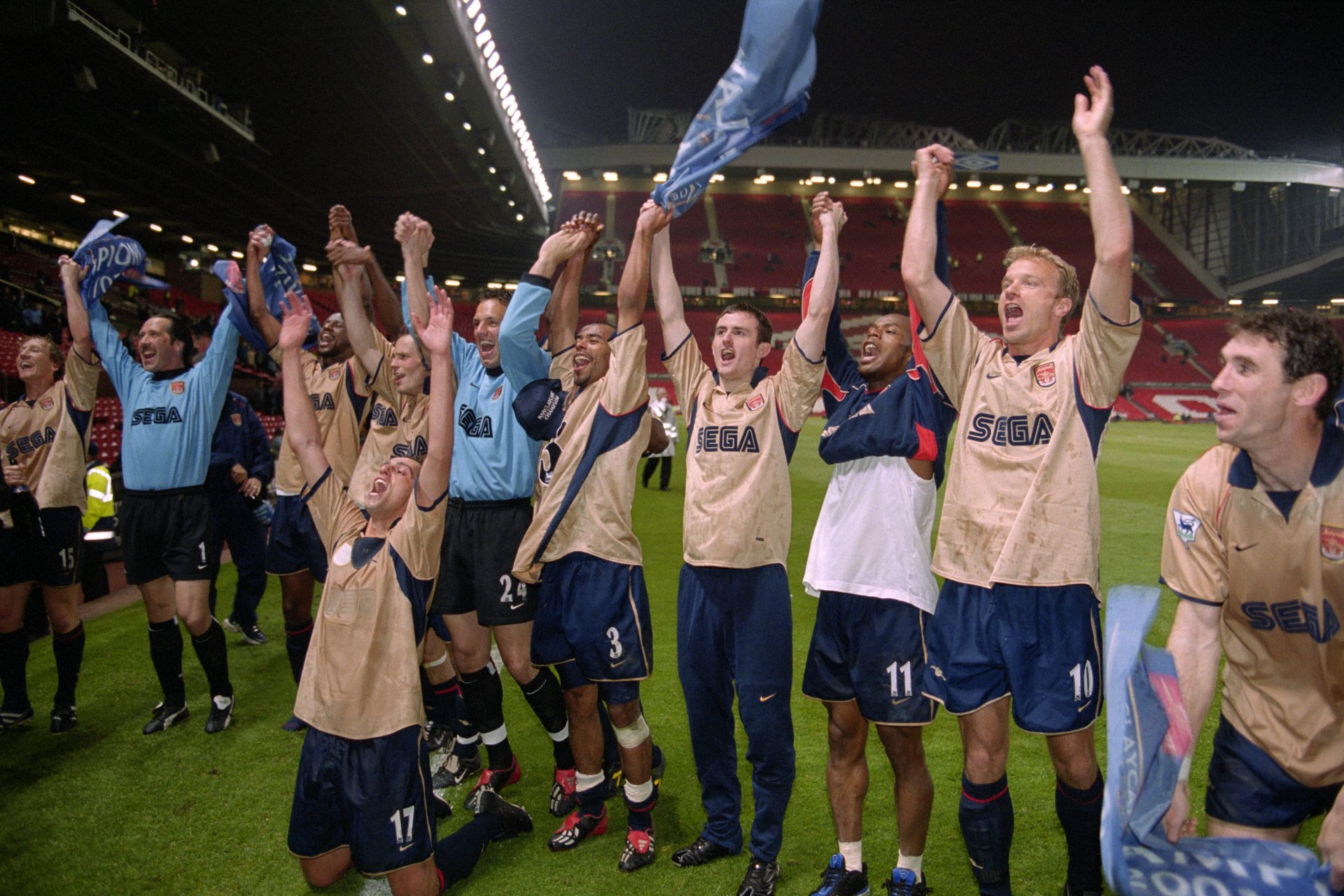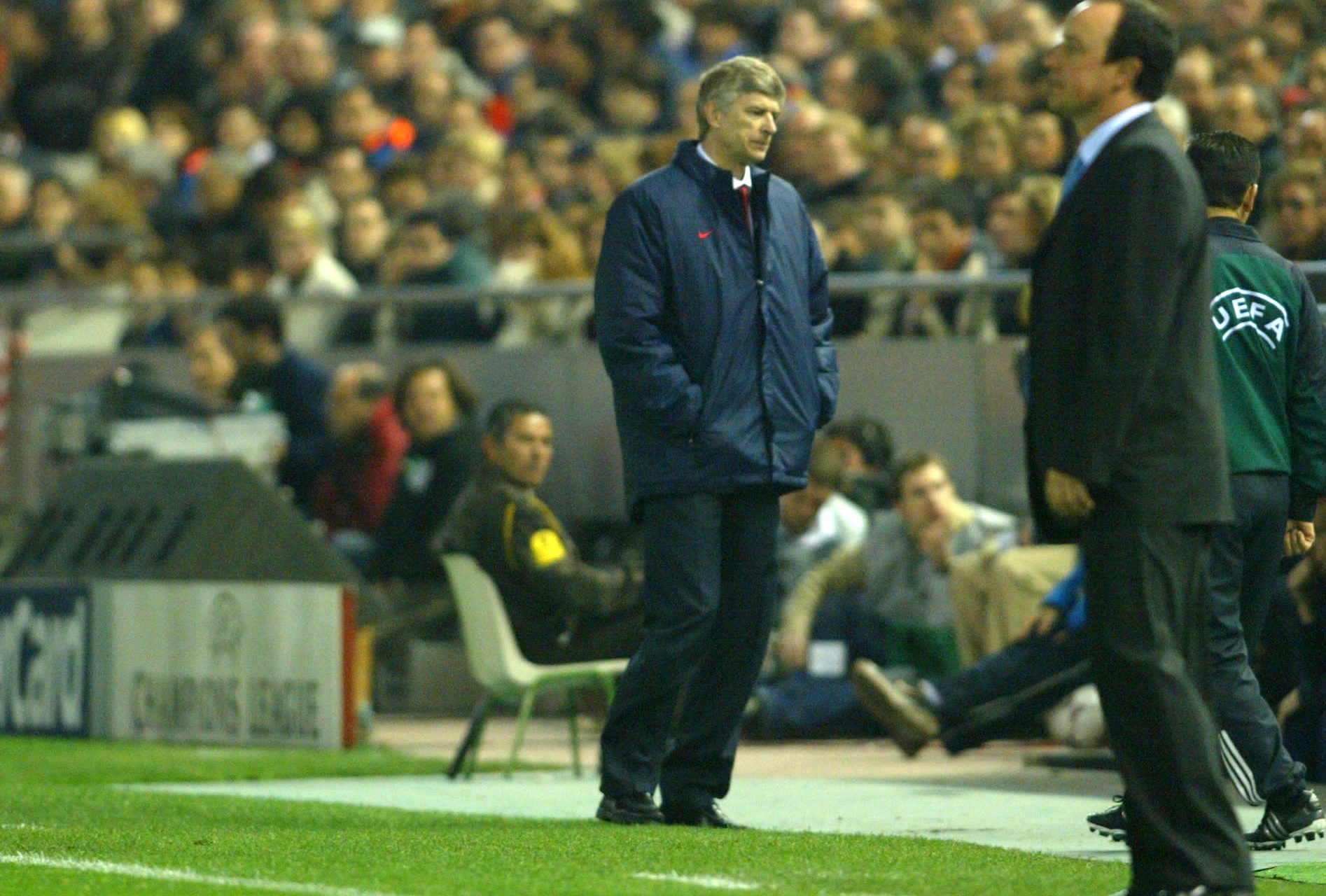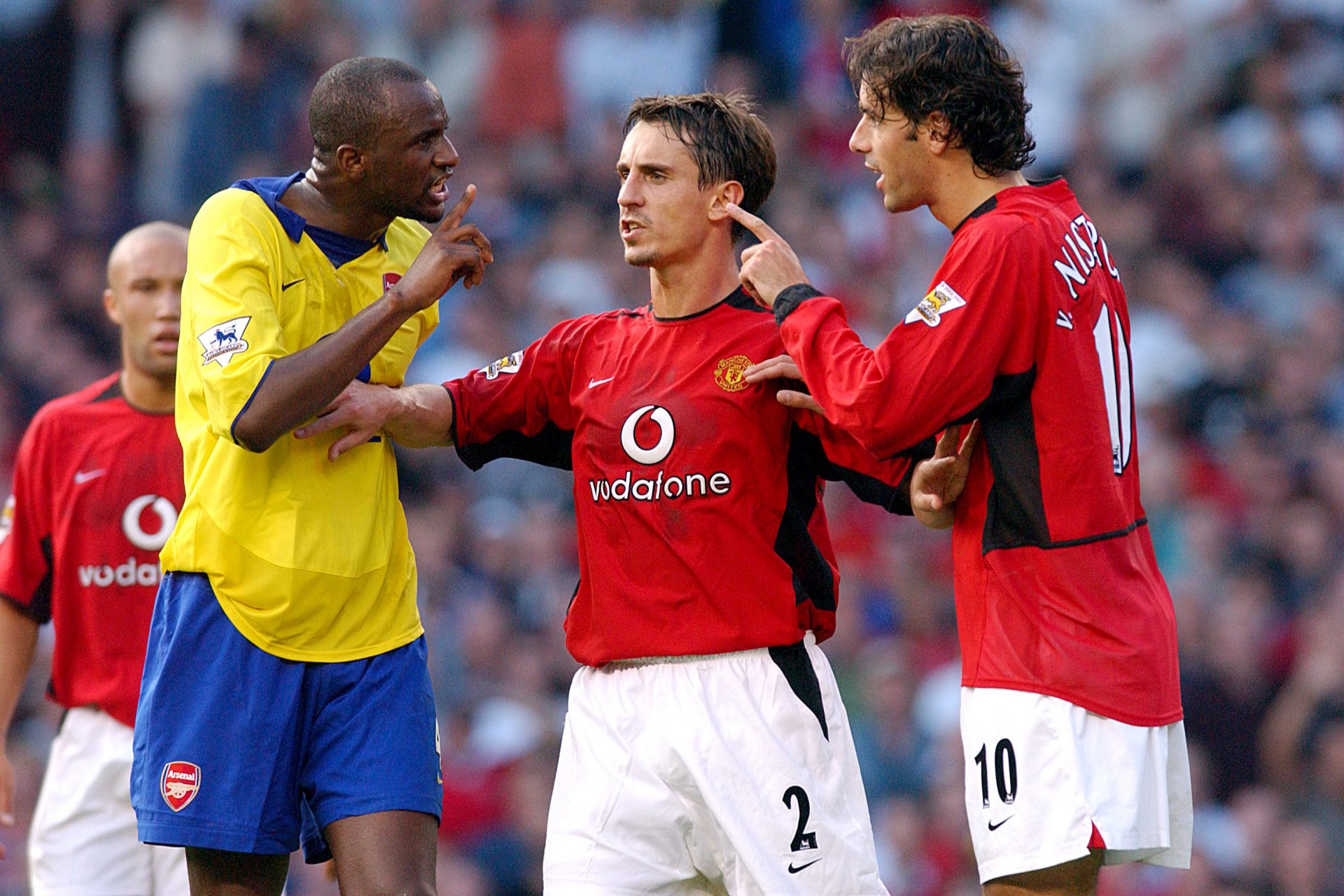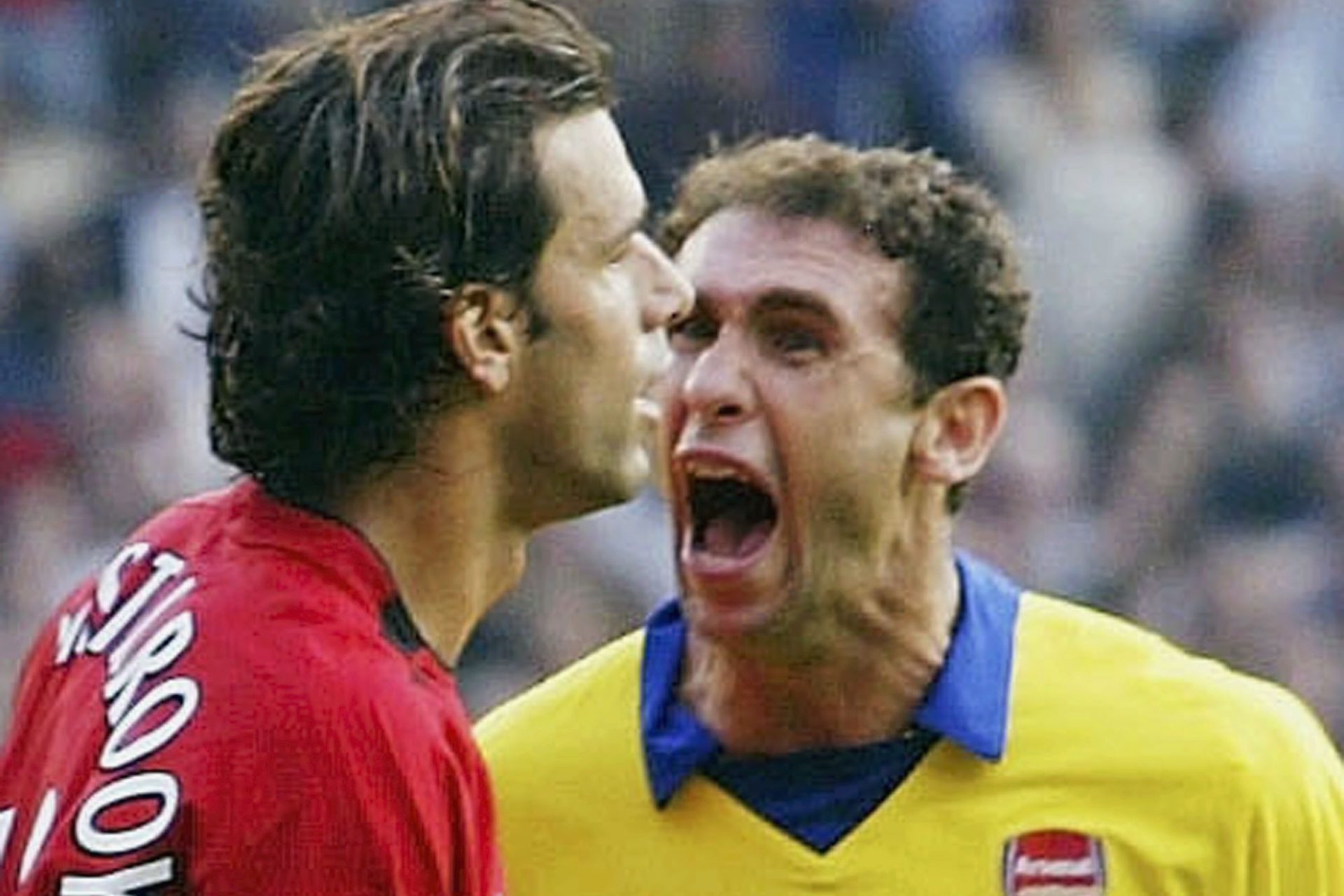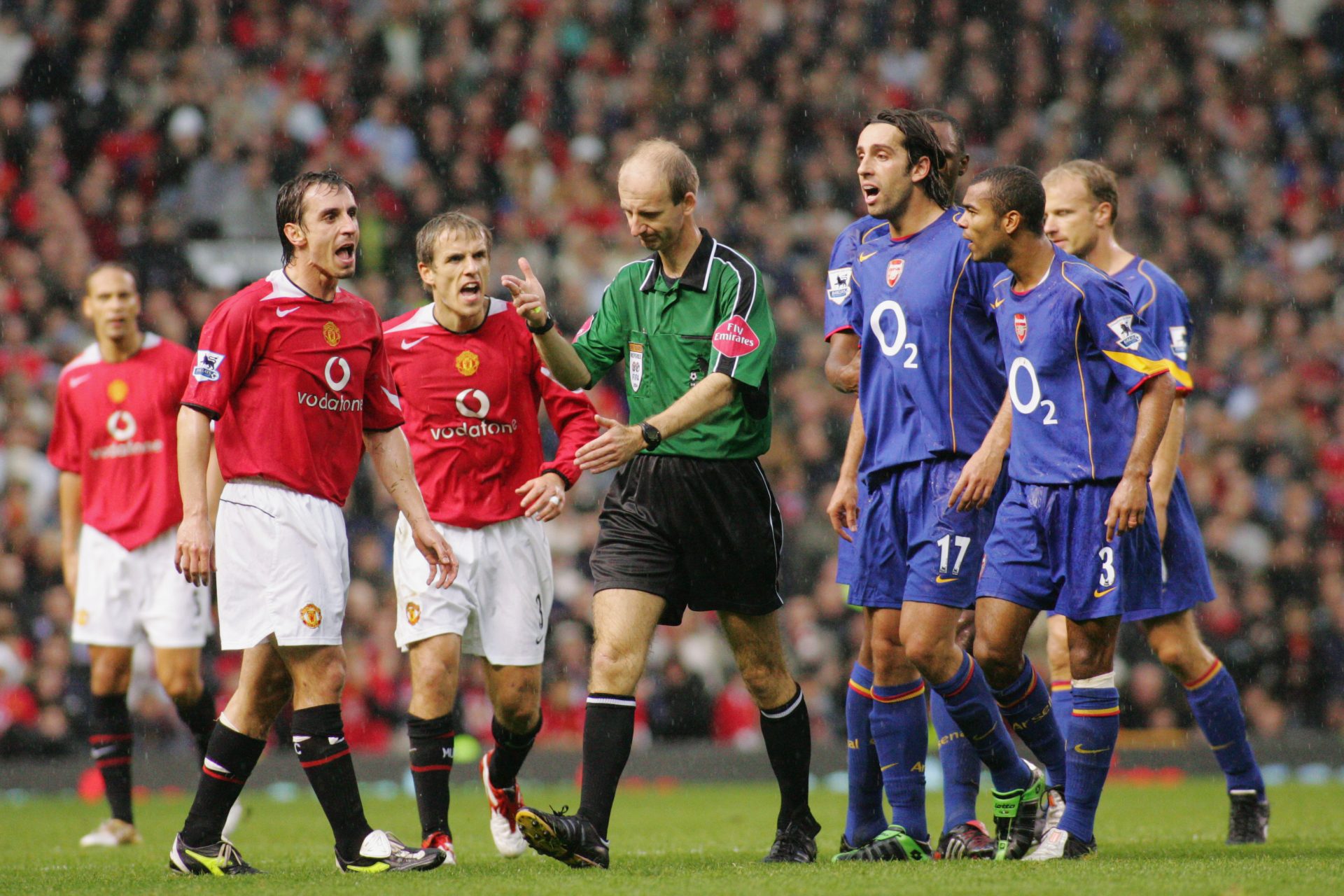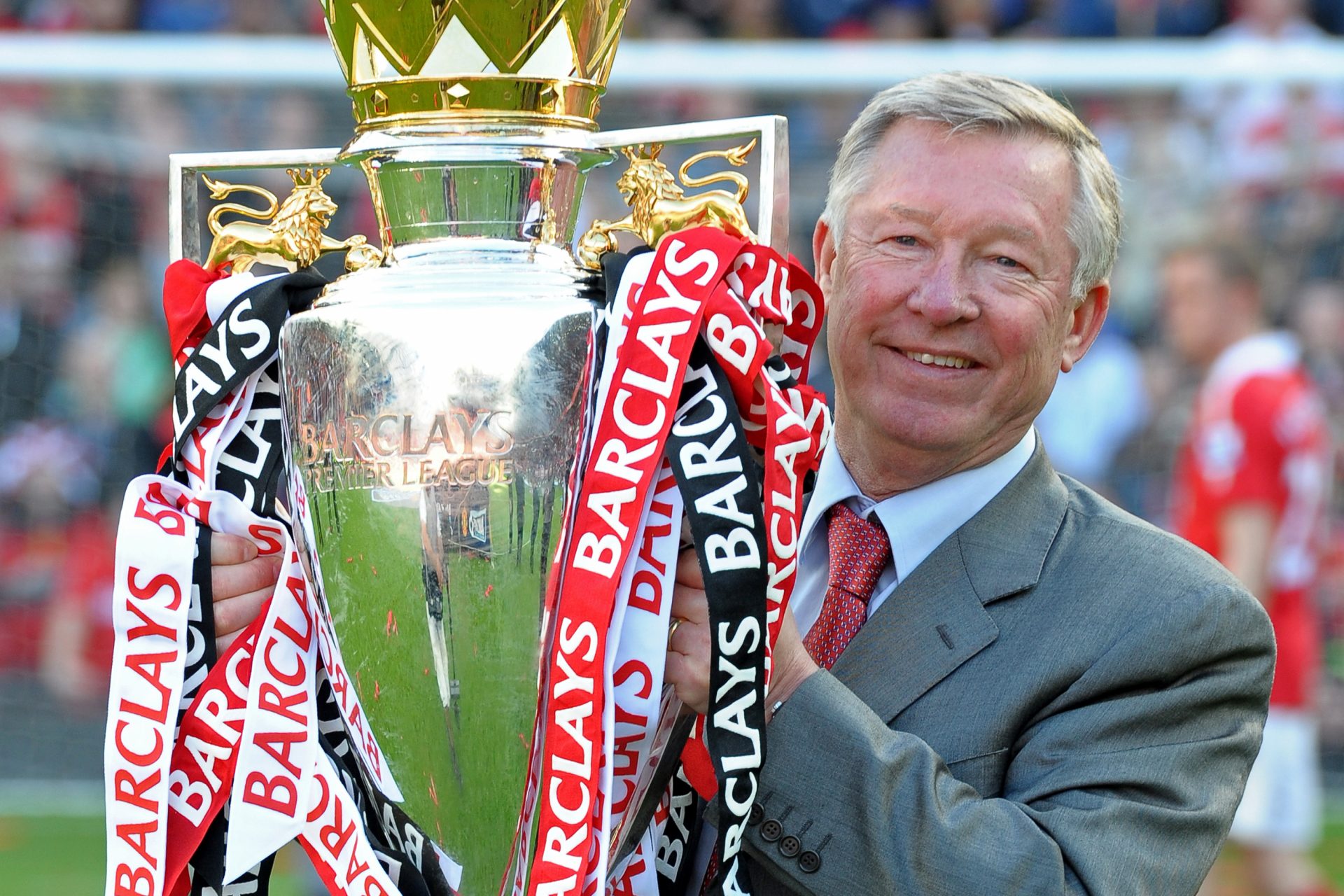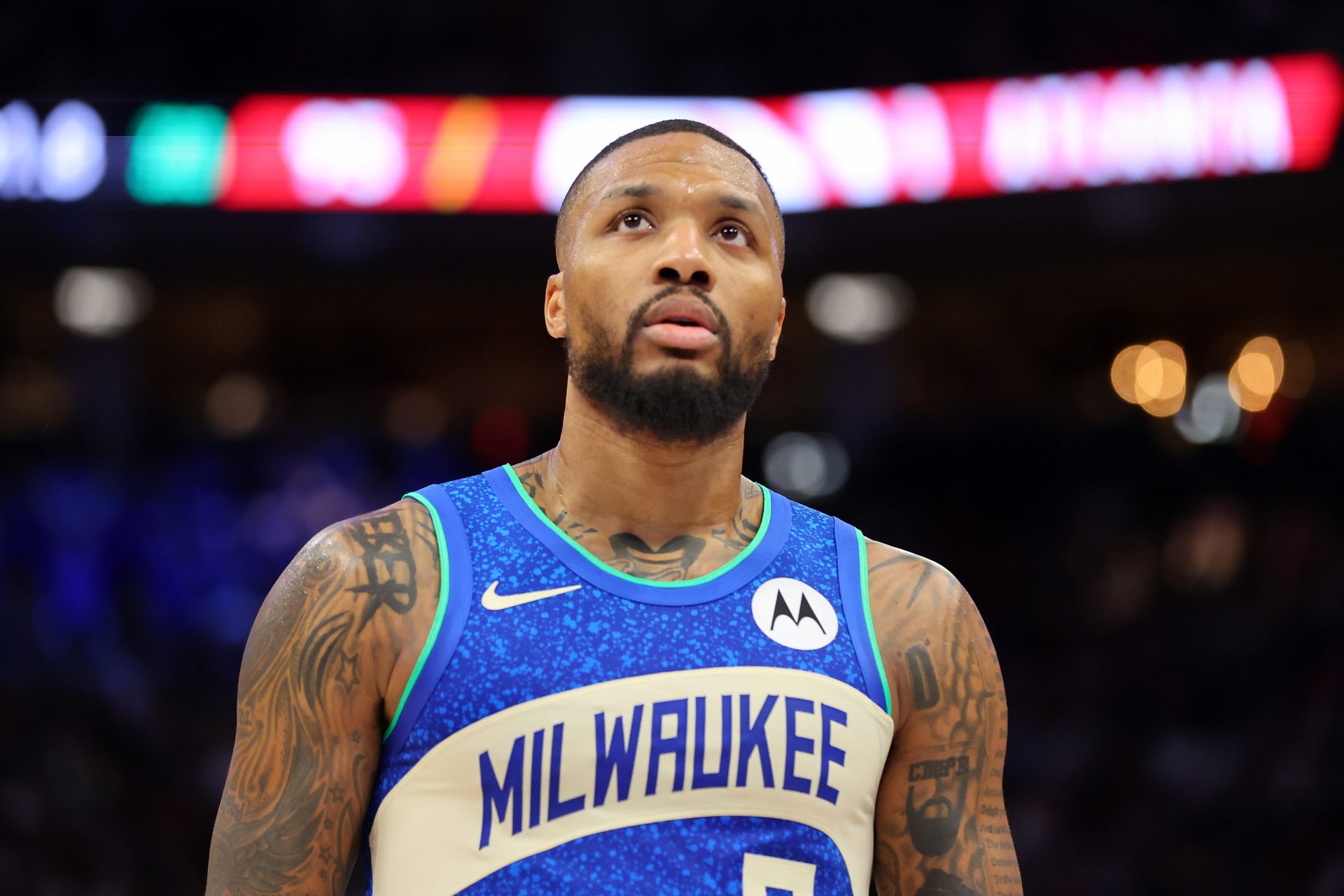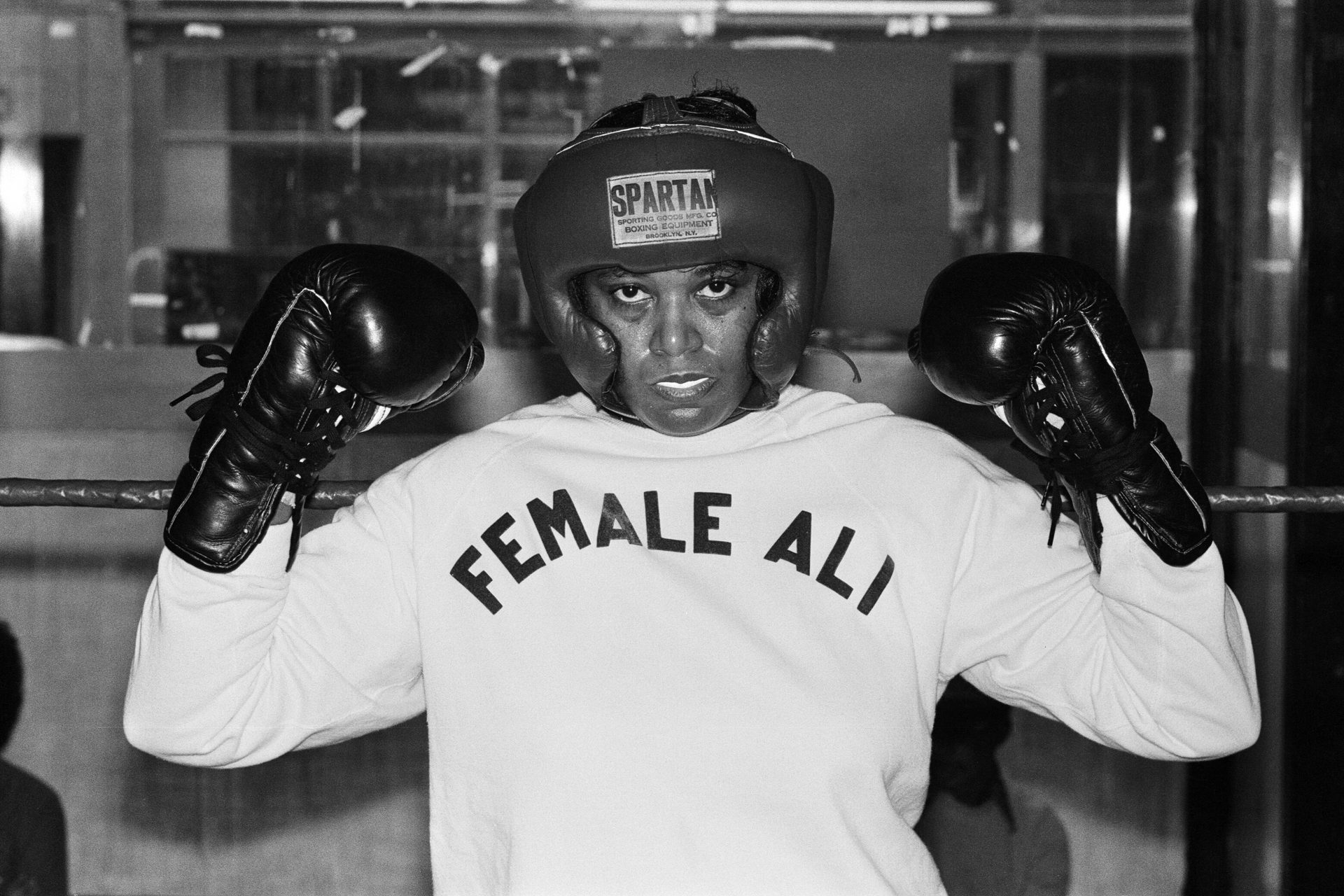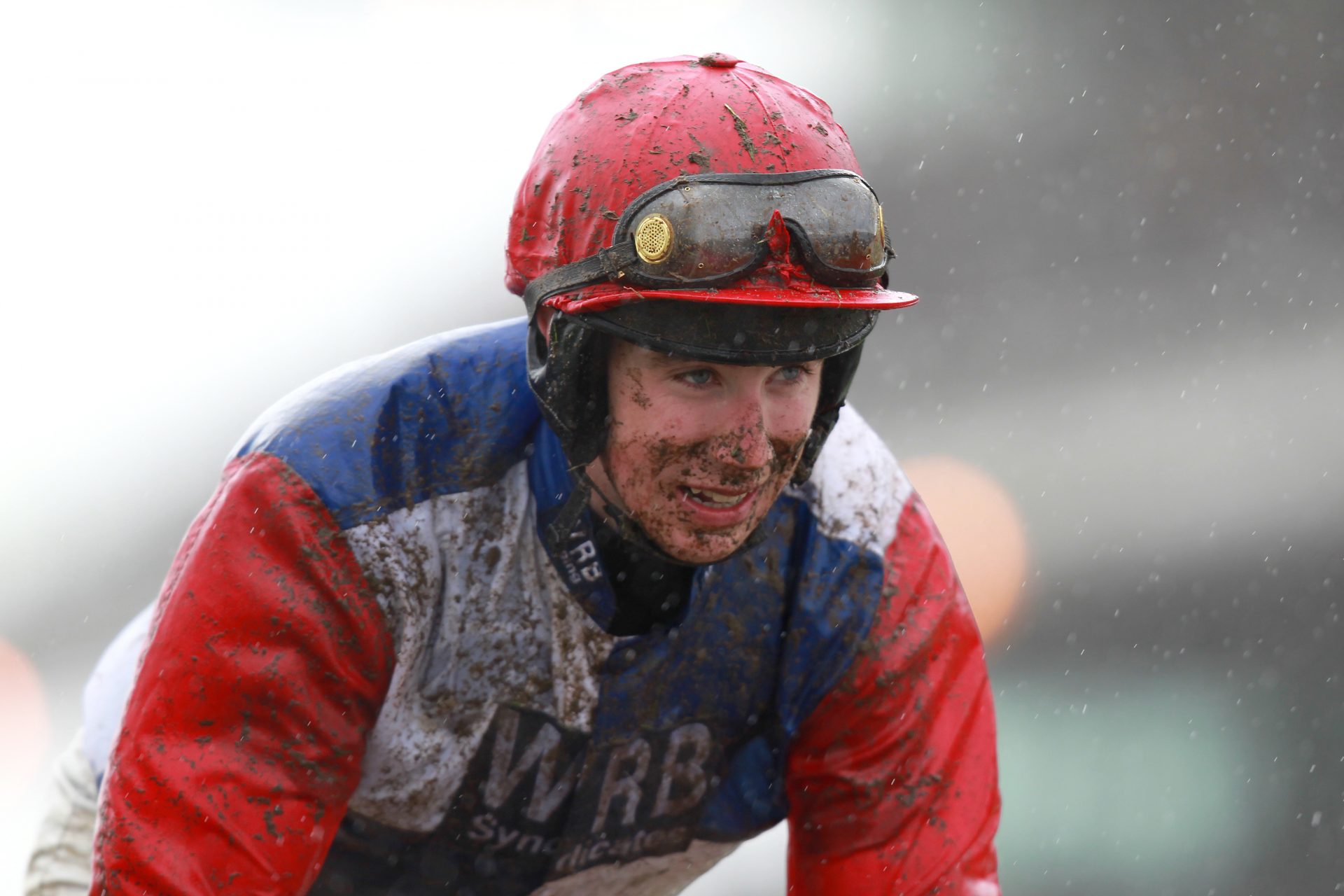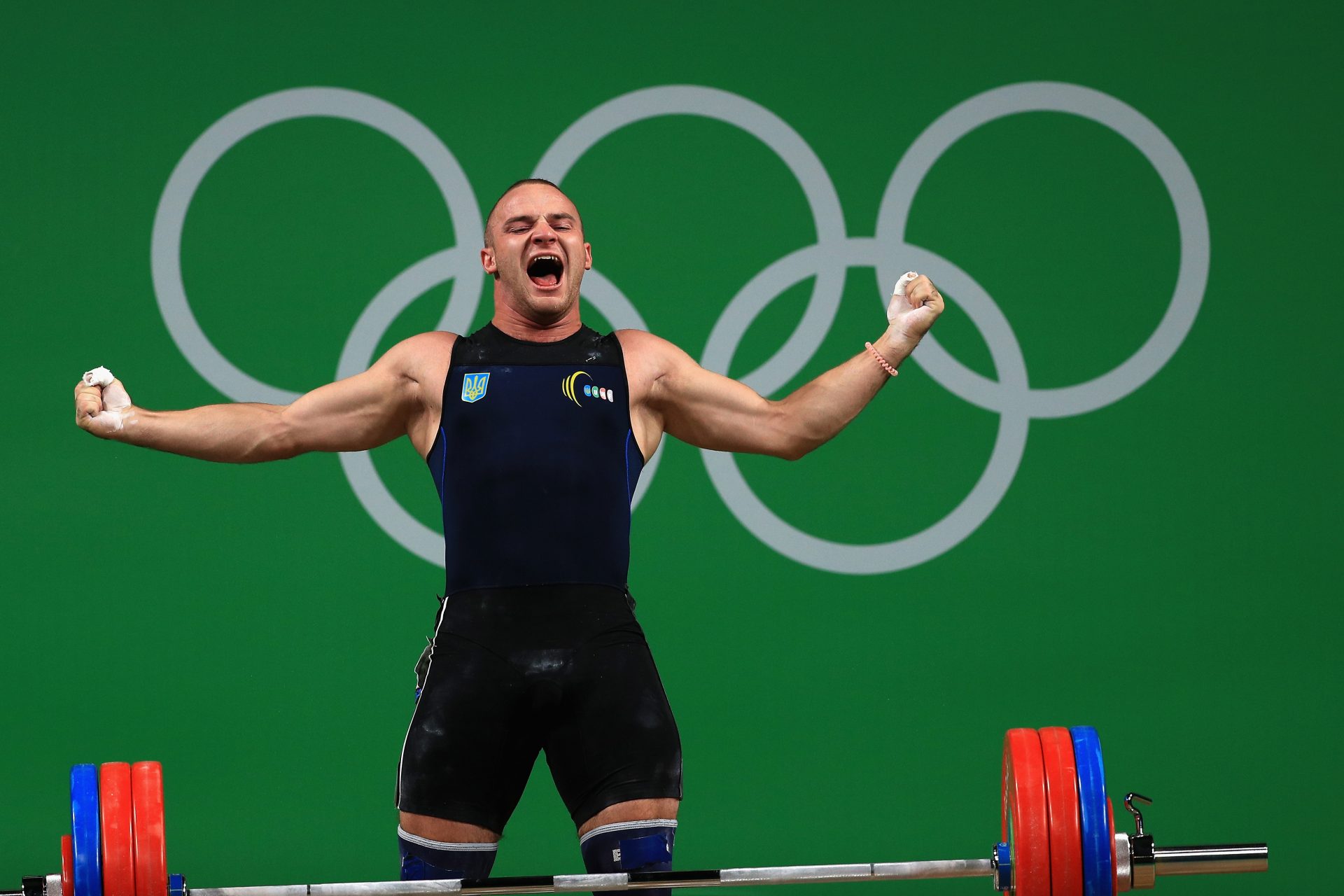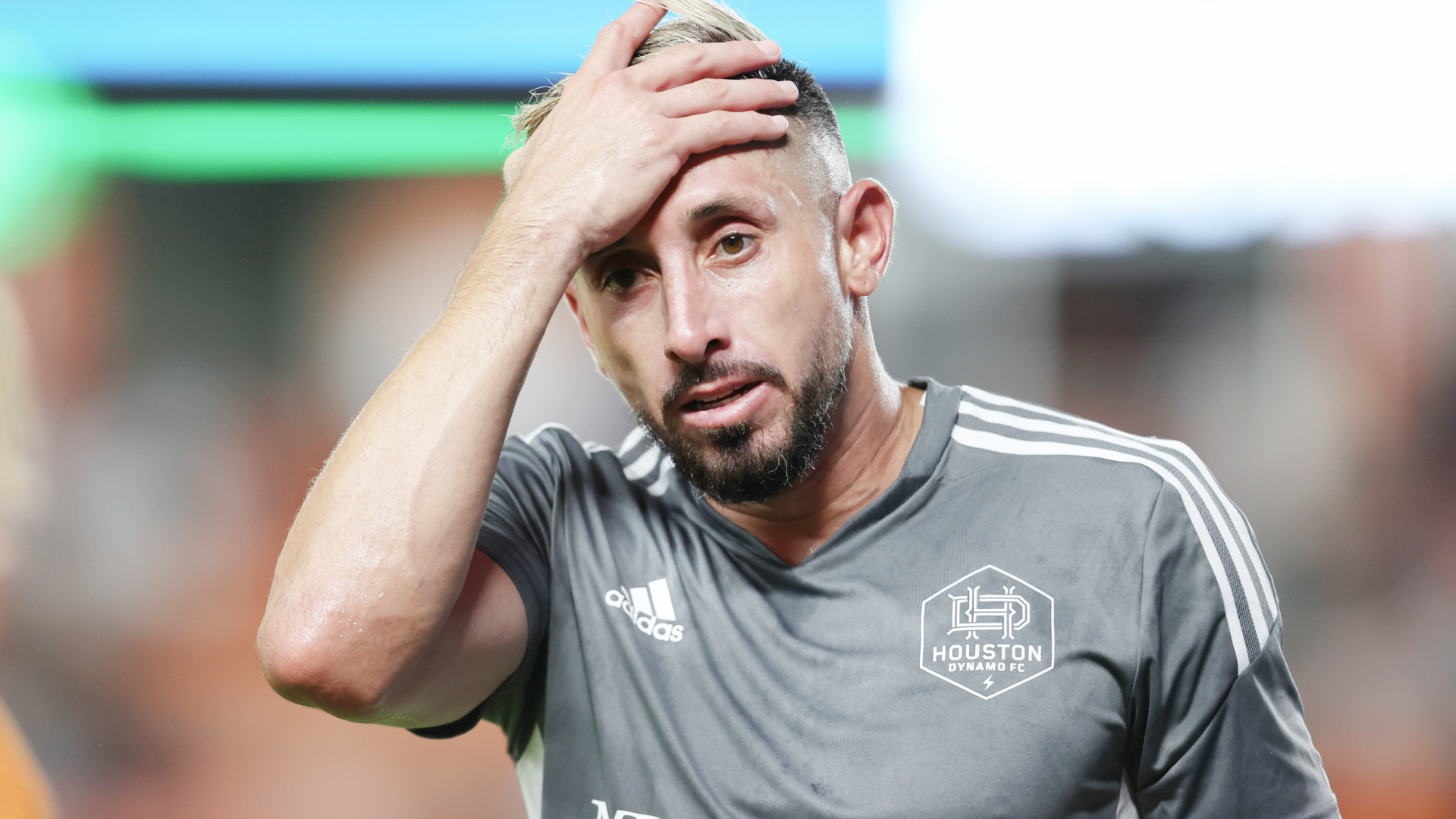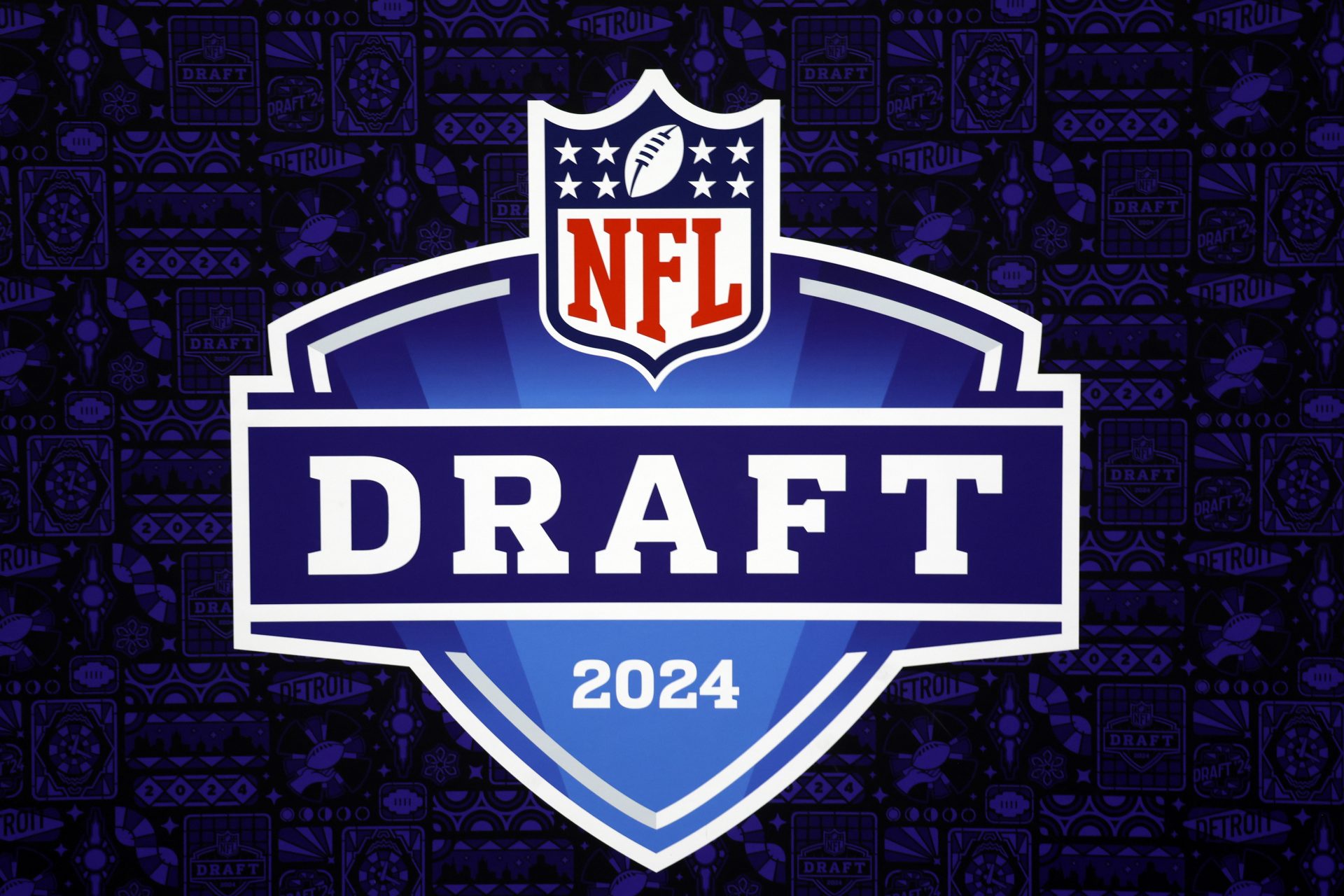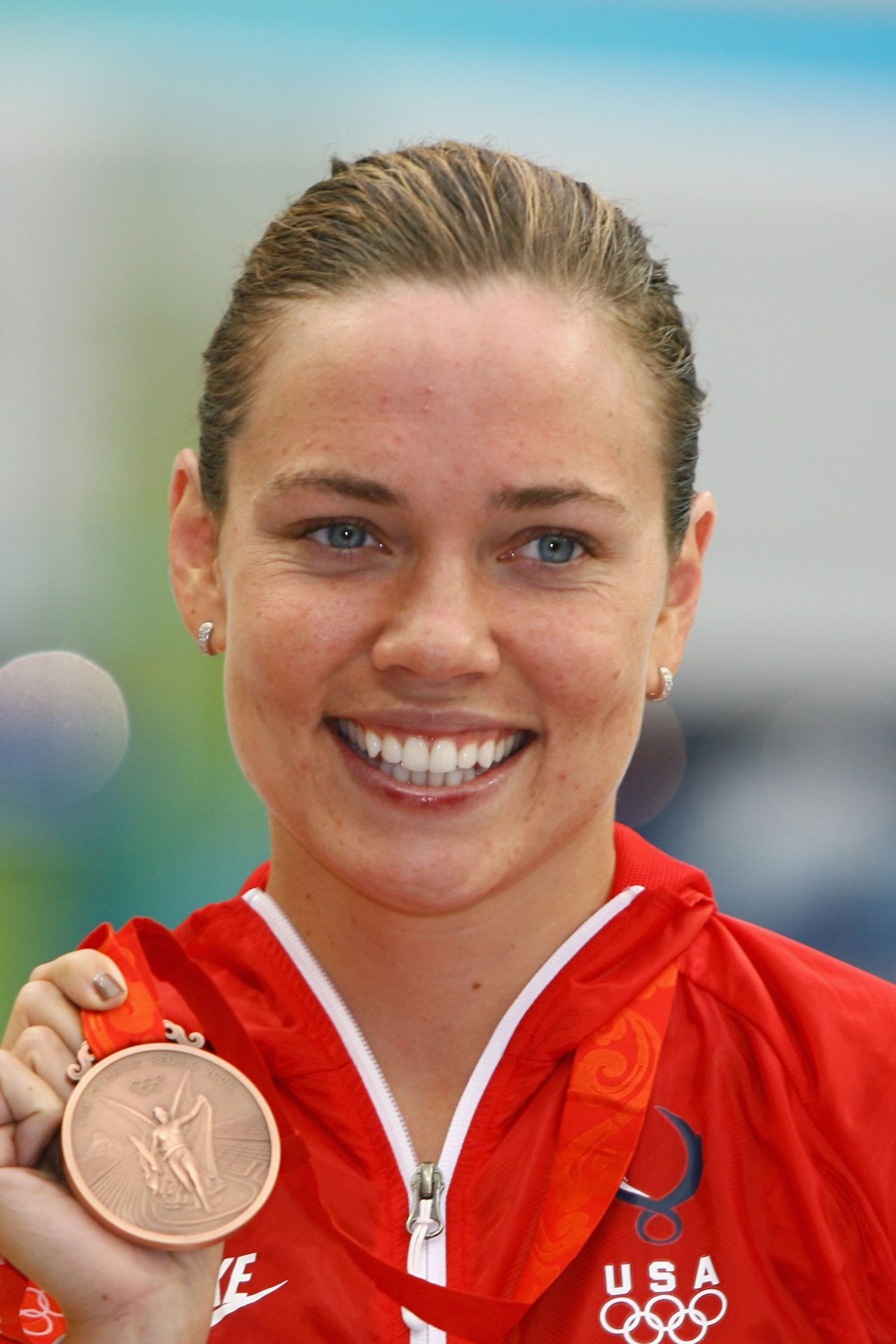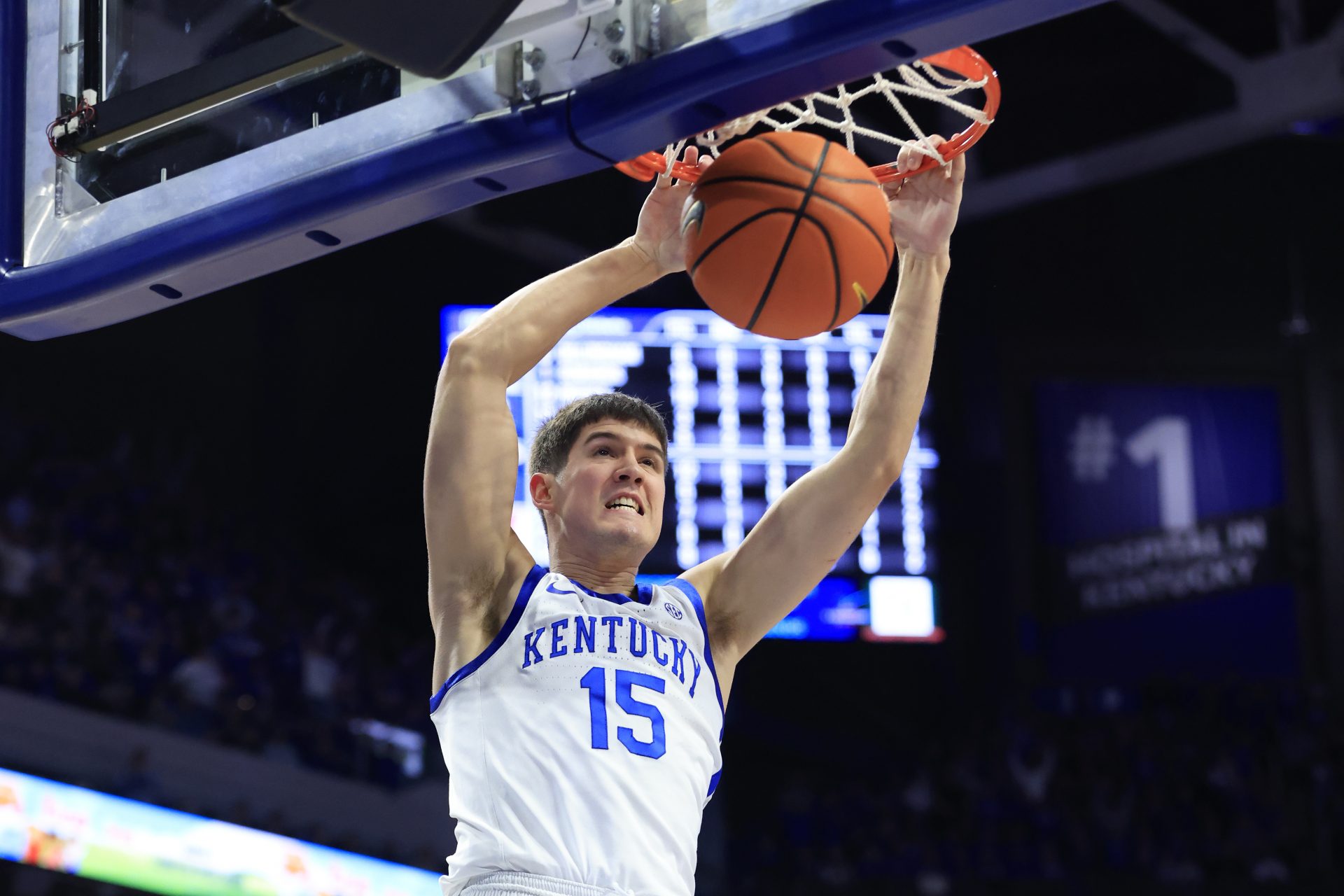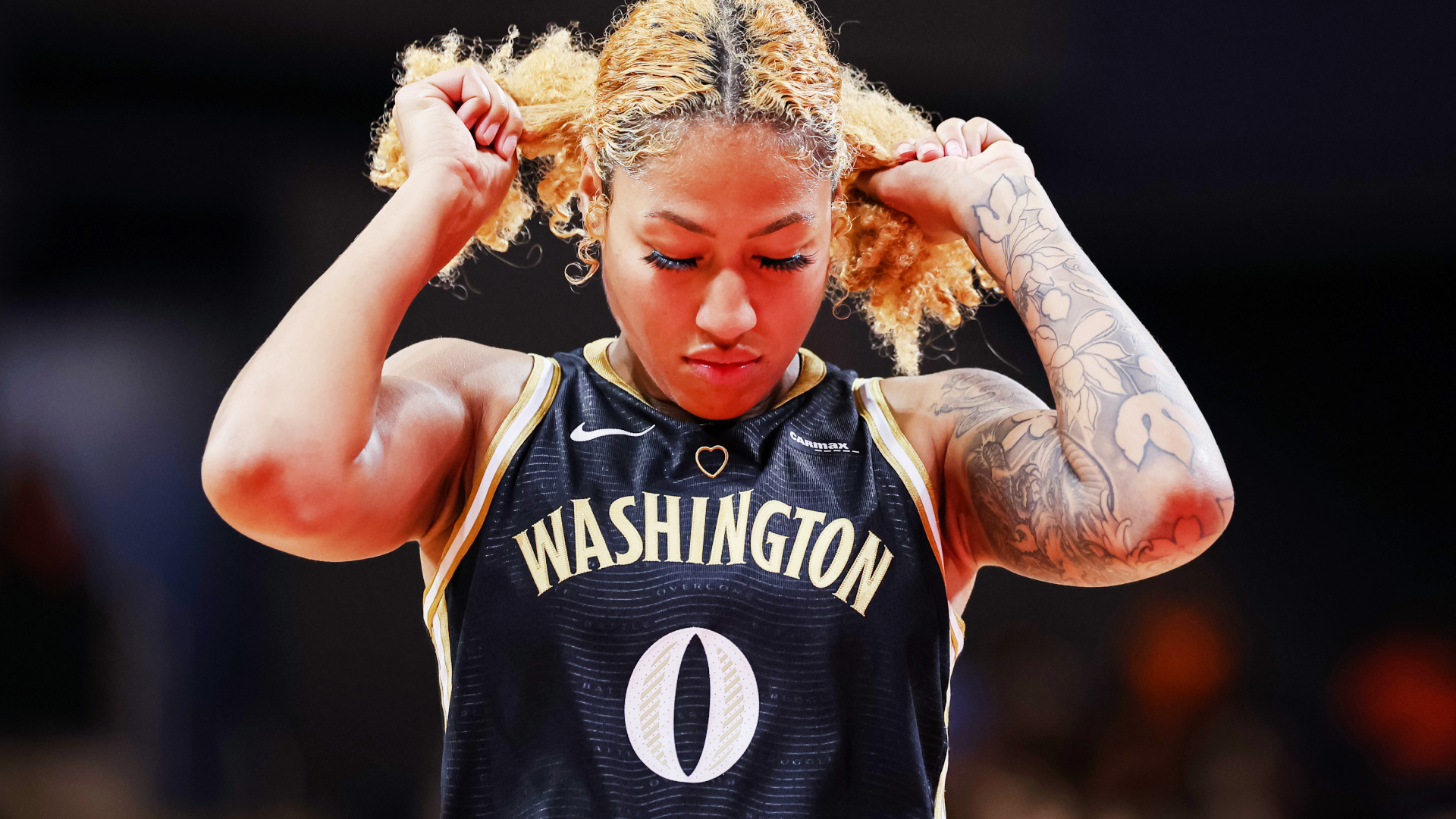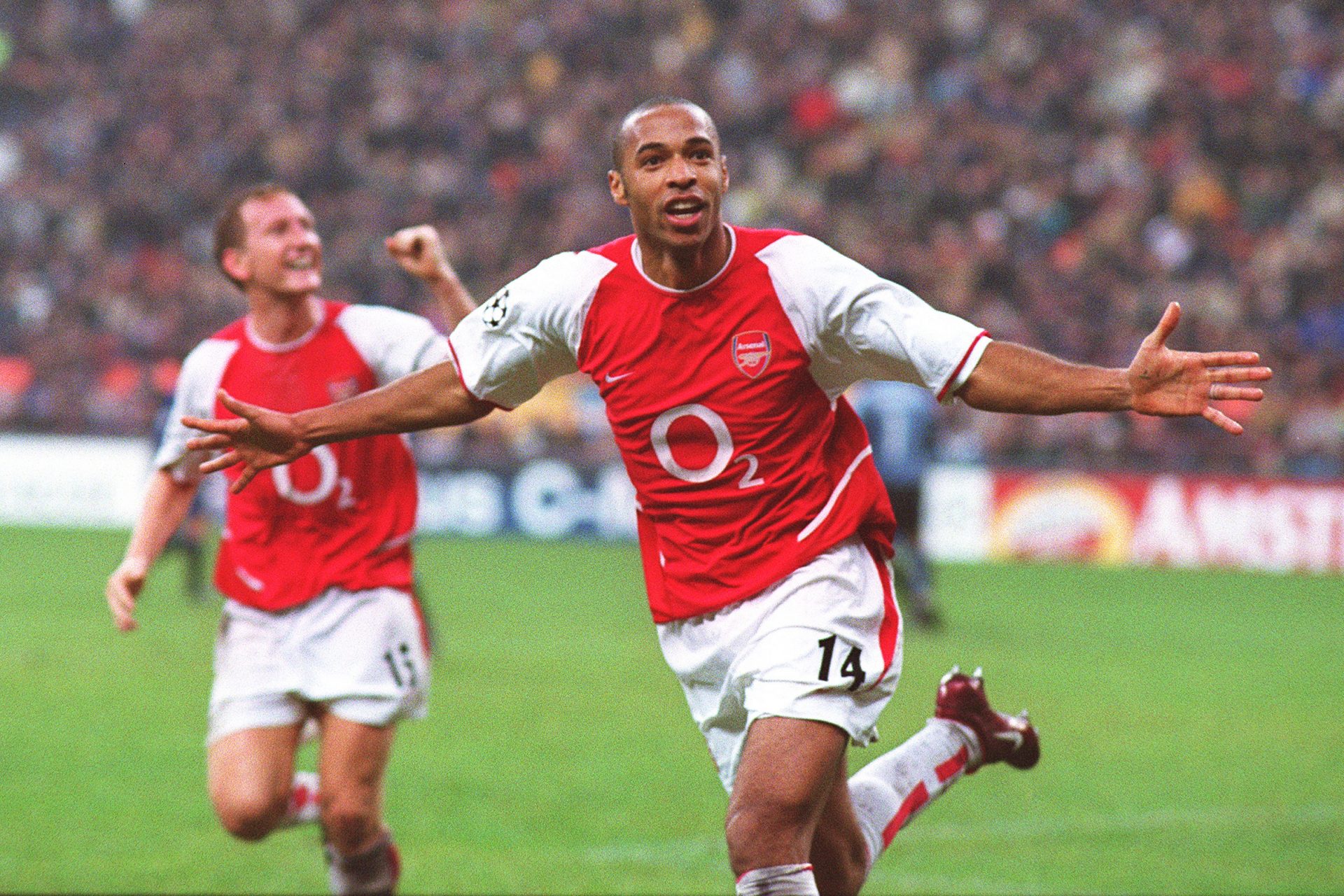Arsenal vs Man United: the greatest Premier League rivalry?
Between the 1996/97 season and 2005/06 Arsenal and Manchester United both finished in the top three of every Premier League season. They were also the only two clubs to win it until the 04/05 season and Chelsea’s Russian-backed resurgence. This was a rivalry built on hatred and uber-competitiveness, but is it the best ever?
The 1996 season saw the hiring of Arsene Wenger at Highbury, who, at the time, was a little-known manager plying his trade in Japan. Per Nicholas Fox for The Sunday Times, it was former chairman David Dein who pushed for Wenger’s hiring, despite others in the club hoping to secure Johann Cruyff.
As Glenn Moore wrote in 1996, it was the inwards-looking nature of English football that caused fans to ask, “Arsene who?” at his appointment. Elsewhere, he was well-known and respected, having coached Monaco from 1987-1994. Fifa World Footballer of the Year winner George Weah said Wenger had “made me not just the player I am today, but also the man I am.”
Want to see more like this? Follow us here for daily sports news, profiles and analysis!
Across the aisle, and roughly 197 miles north-west sat the formidable Manchester United under the stewardship of Alex Ferguson. Ferguson was also a relative unknown in England when he was appointed in 1986, despite winning the Scottish League with Aberdeen in 1980 and the European Cup Winner’s Cup in 1983.
Ferguson’s time in charge of United started badly, with fans unfurling a banner in the 89/90 season reading, “Three years of excuses and it's still c*** ... ta-ra Fergie,” per The BBC.
The trophy that launched a thousand more. In the same season that fans publicly voiced their discontent, Ferguson led United to an FA Cup victory, easing the pressure on him. However, as Ken Jones wrote in 1997, “doubts about Ferguson still lingered.”
The English First Division was restructured in 1992 and renamed the Premier League, with the following season set to be the inaugural, and most consequential season for quite some time. Set up to prevent “top clubs from losing income to the lower leagues,” per Anthony Kim, the Premier League suddenly offered more than just pride to its winners, it also offered insurmountable wealth.
United won the first Premier League season, finishing 10 points ahead of Aston Villa. Their dominance was such, that they were crowned champions in four out of the first five Premier League seasons, completing multiple league and FA Cup doubles along the way, per Ken Jones.
On the other hand, was Arsenal, a perennial challenger to the might of the north-west, regularly rivalling Liverpool and United for titles throughout the 20th century. The start of the Premier League era saw them slip, finishing as low as 12th in the 94/95 season, per English Football Stats.
When Wenger took over Arsenal in 1996, they were captained by a stalwart of old-school English football, Tony Adams. Adams was known for his hard football, his hard-drinking, and his no-nonsense approach to the sport. Despite some initial friction between the old and new, Adams bought into Wenger’s style, calling him the, “gangly wise man,” per Xavier Rivoire.
Wenger knew he needed an improved squad to take on the might of Manchester United in the 97/98 season, adding Nicolas Anelka, Emmanuel Petit, and Marc Overmars to his squad.
The 97/98 season looked like business as usual for United, as they appeared to be cruising to another Premier League title. Their dominance was such that one bookmaker paid out on United winning the league with over two months left of the season, per Steve Millar in 1998.
Want to see more like this? Follow us here for daily sports news, profiles and analysis!
Arsenal, however, refused to relent, winning game after game to set up a mighty clash against United at Old Trafford in March 1998. What followed was a dominant game for Arsenal, with the BBC describing United as “second best” following the game. Marc Overmars’ late winner was enough to launch Arsenal to victory. Nine consecutive wins later, and Arsenal were champions.
Ferguson and United were disappointed by their capitulation in the 97/98 season and were desperate to make amends. And so they did. For a while it seemed as though Arsenal were set to overhaul United at the last furlong once again, but this time the Red Devils held their ground, winning the title by a point. They also completed the first Treble in English football history.
Despite the growing rivalry between Arsenal and United, United were too good during the following seasons, winning the league in both the 99/00 and 00/01 seasons with relative ease. Arsenal had to respond, and respond they did. Wenger reworked his team, bringing in Sol Campbell from Tottenham to rework his defence.
Arsenal dominated the 01/02 season, cruising to a seven-point league victory and comfortably beating Chelsea in the FA Cup final. Perhaps the crowning glory for the Gunners was wrapping the title up at Old Trafford, with Sylvan Wiltord’s winner proving too much. The BBC described United as relinquishing the title in “graceless fashion” following a “physical assault” on Arsenal.
2002/03 saw United back on top of the Premier League, overturning an eight-point Arsenal lead in the table. Ferguson’s joy was Wenger’s dismay as the usually calm Frenchman was seen losing his cool as his team slipped behind their great rivals. Phil McNulty wrote that Wenger’s demeanor “spoke of someone who had the title in his grasp but now saw it slipping from his fingers.”
The 03/04 season began strongly for both teams, before an early season matchup at Old Trafford would nearly descend into anarchy. Arsenal were second-best all match, “soaking up the heavy pressure” as Gooner News puts it. A late red card for Patrick Vieira for kicking out at Ruud Van Nistelrooy saw tempers flare.
With just moments to go in the game, United were awarded a penalty, who should step up to take it but Ruud Van Nistelrooy himself? The stadium seemed to freeze in time as the Dutchman stuck the ball into the crossbar, only for an eruption of emotion from the Arsenal players, surrounding the United striker following his miss. Wenger later apologised for his players' behaviour.
Arsenal remained undefeated throughout the 03/04 season, romping to a comfortable title win by 11 points. United only managed a disappointing third place, finishing 15 points behind their rivals down south.
The following season saw United end Arsenal’s 49-game unbeaten run in controversial circumstances. Following an overtly physical performance from United, and a laissez-faire refereeing display from Mike Riley, players from both teams engaged in a brawl in the tunnel. Famously, Cesc Fabregas, just 17 at the time, threw pizza at Ferguson.
The 04/05 season certainly wasn’t the end of the rivalry, with discontent between the teams continuing to this day, but from a competitive standpoint, United had emerged victorious. With Arsenal lacking any financial clout, and Chelsea’s emergence as a regular title rival, the 03/04 season would be Arsenal’s last Premier League title to date. United managed to win five.
Want to see more like this? Follow us here for daily sports news, profiles and analysis!
More for you
Top Stories



